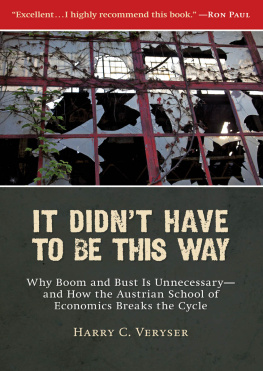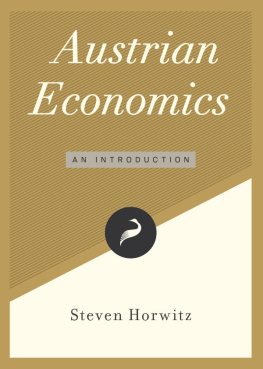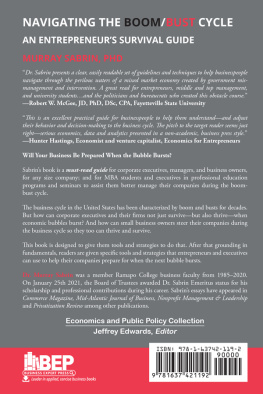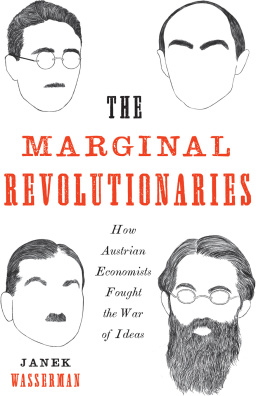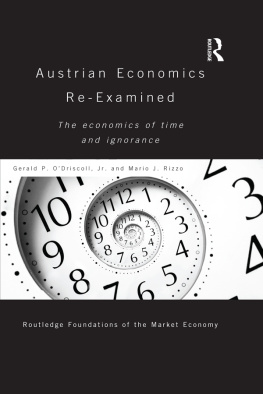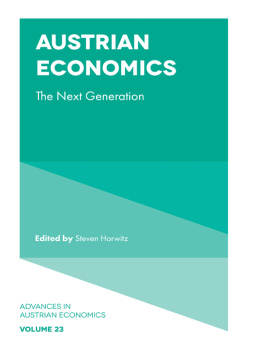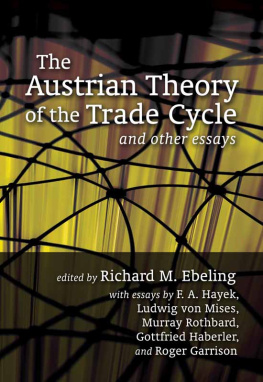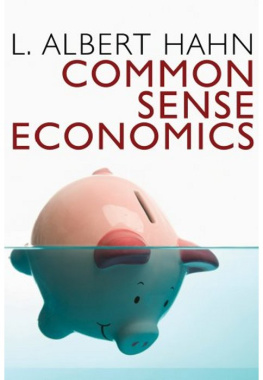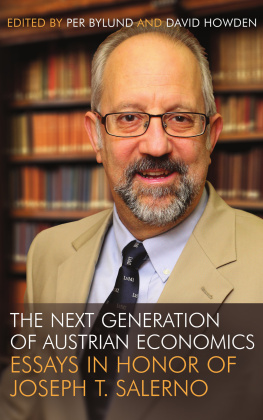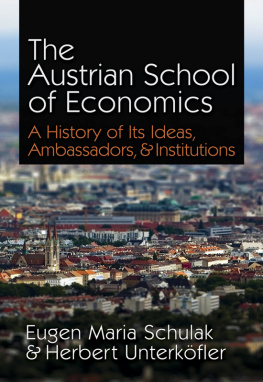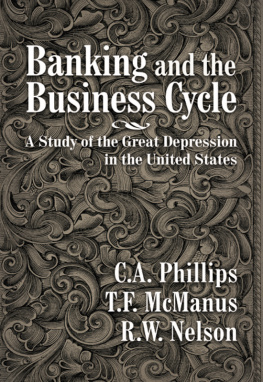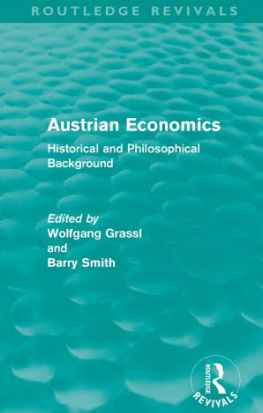Harry C. Veryser - It Didnt Have to Be This Way: Why Boom and Bust Is Unnecessary—and How the Austrian School of Economics Breaks the Cycle
Here you can read online Harry C. Veryser - It Didnt Have to Be This Way: Why Boom and Bust Is Unnecessary—and How the Austrian School of Economics Breaks the Cycle full text of the book (entire story) in english for free. Download pdf and epub, get meaning, cover and reviews about this ebook. year: 2014, publisher: Intercollegiate Studies Institute (ORD), genre: Politics. Description of the work, (preface) as well as reviews are available. Best literature library LitArk.com created for fans of good reading and offers a wide selection of genres:
Romance novel
Science fiction
Adventure
Detective
Science
History
Home and family
Prose
Art
Politics
Computer
Non-fiction
Religion
Business
Children
Humor
Choose a favorite category and find really read worthwhile books. Enjoy immersion in the world of imagination, feel the emotions of the characters or learn something new for yourself, make an fascinating discovery.
- Book:It Didnt Have to Be This Way: Why Boom and Bust Is Unnecessary—and How the Austrian School of Economics Breaks the Cycle
- Author:
- Publisher:Intercollegiate Studies Institute (ORD)
- Genre:
- Year:2014
- Rating:3 / 5
- Favourites:Add to favourites
- Your mark:
It Didnt Have to Be This Way: Why Boom and Bust Is Unnecessary—and How the Austrian School of Economics Breaks the Cycle: summary, description and annotation
We offer to read an annotation, description, summary or preface (depends on what the author of the book "It Didnt Have to Be This Way: Why Boom and Bust Is Unnecessary—and How the Austrian School of Economics Breaks the Cycle" wrote himself). If you haven't found the necessary information about the book — write in the comments, we will try to find it.
Why is the boom-and-bust cycle so persistent? Why did economists fail to predict the economic meltdown that began in 2007or to pull us out of the crisis more quickly? And how can we prevent future calamities?
Mainstream economics has no adequate answers for these pressing questions. To understand how we got here, and how we can ensure prosperity, we must turn to an alternative to the dominant approach: the Austrian School of economics.
Unfortunately, few people have even a vague understanding of the Austrian School, despite the prominence of leading figures such as Nobel Prize winner F. A. Hayek, author of The Road to Serfdom. Harry C. Veryser corrects that problem in this powerful and eye-opening book. In presenting the Austrian Schools perspective, he reveals why the boom-and-bust cycle is unnatural and unnecessary.
Veryser tells the fascinating (but frightening) story of how our modern economic condition developed. The most recent recession, far from being an isolated incident, was part of a larger cycle that has been the scourge of the West for a centurya cycle rooted in government manipulation of markets and currency. The lesson is clear: the devastation of the recent economic crisisand of stagflation in the 1970s, and of the Great Depression in the 1930scould have been avoided. It didnt have to be this way.
Too long unappreciated, the Austrian School of economics reveals the crucial conditions for a successful economy and points the way to a free, prosperous, and humane society.
Harry C. Veryser: author's other books
Who wrote It Didnt Have to Be This Way: Why Boom and Bust Is Unnecessary—and How the Austrian School of Economics Breaks the Cycle? Find out the surname, the name of the author of the book and a list of all author's works by series.

